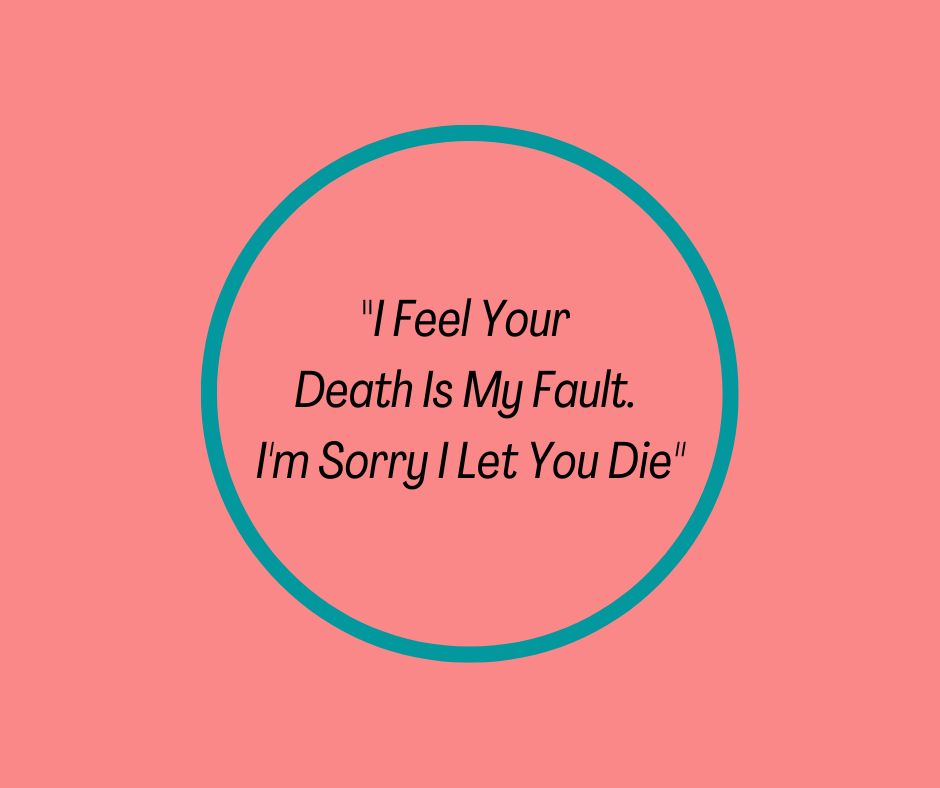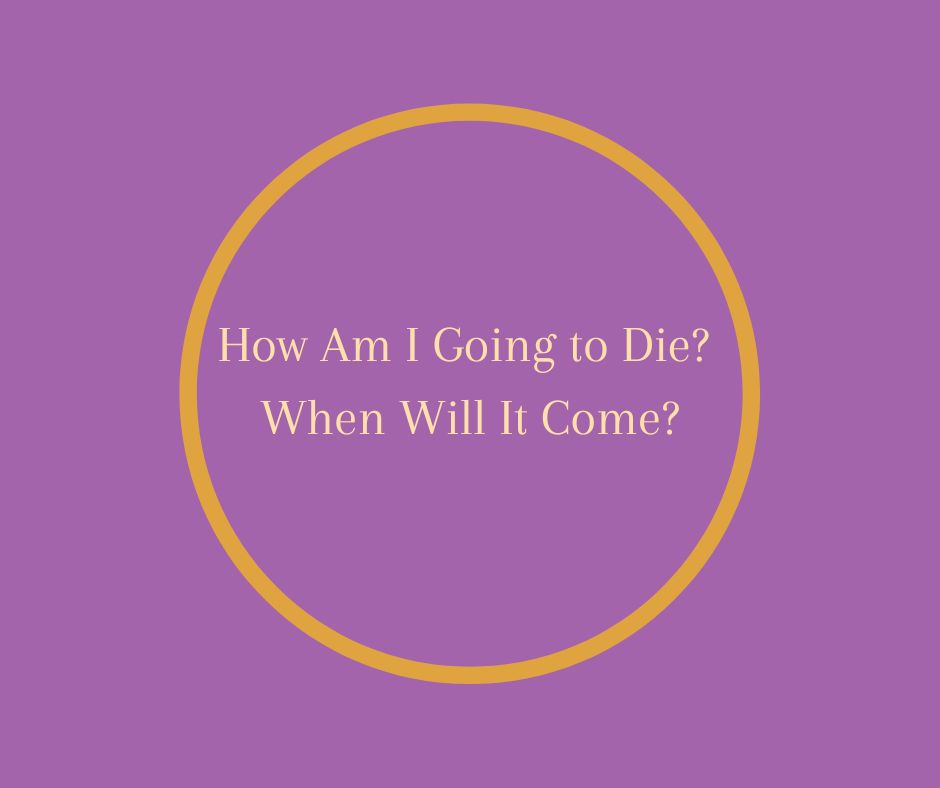“Dying is not a medical event” and “The medical model views death as a failure, something to be fixed, to address” are two quotes you will hear from me repeatedly. The second quote is actually part of the foundation of healthcare so when working with end of life caretakers (nurses, social workers, home health aides, even chaplains) we are pulling from that “job pool.”
With the staffing shortage affecting all areas of healthcare those of us working in end of life must recognize the ideology regarding end of life most workers have—-to fix it. The teaching is that death is bad. Death is a failure.
Yet, in end of life work the patient’s death is the goal, not to be fought or avoided but to be accepted and supported. The before and after the death is where the education and guidance, the “work,” is done.
When hiring, my first question has always been “What are your thoughts about dying and death? What do you think happens?" The response often tells me if the potential hire is a “good fit” for end of life work. When I say “good fit” I mean not only will they be able to provide direction and guidance for the patient and family but will they be able to internally process and adjust to all of their patients dying?
I’ve always said I can teach anyone how to take care of someone who is dying, the physical, communication, supportive skills. It is the interpersonal, empathy, and heart skills that I can’t teach. They are part of the personality fabric of a person, their core, and that I can’t teach or instill.
Working outside the medical model is challenging. You have to learn an entirely different set of skills. Again, dying is not a medical event. It is a social, communal event so our medical skills have less of a role to play than our personal, interactive, teaching skills.
What does teaching how to take care of someone who is dying look like?
*First, explore your own personal beliefs and experiences of and with dying and death. We carry our personal experiences that in turn make us who we are and how we react to situations.
*Start teaching about the physical aspects of dying: The process of dying, the months, weeks, days and hours of how death approaches. What are staff to look for to guide families as to time frames and what are instructions for the family?
*Teach what to do about what you are seeing, not just the physical but the emotional, mental and even spiritual aspects of end of life care.
*Communication skills are an internal part of end of life care. How do you support? What do you say? What do you not say?
All of this is different from care for someone who is going to get better. Our preparation for new hires must get this point across. Taking care of someone who is dying is NOT like care for someone who is going to get better.
AND EDUCATION. 90% of end of life work is educating. You can’t educate others if you don’t have a firm foundation in the knowledge yourself. This is why new employee orientation is so much more than riding along with a mentor for a week. All those help but you must give the beginning foundation before you can advance to the shadowing stage.
I know time is of the essence when you are short staffed and have more patients than you know what to do with BUT as an agency your integrity not to mention your responsibility and even your CAHPS scores depend upon that initial training.
Something More About... What Does Teaching End of Life Care Look Like?
For many years I travelled the country holding workshops for hospices to train their staff. I eventually was traveling too much and made a 3 hour dvd of my workshop called THIS IS HOW PEOPLE DIE. Hospices use this tool to train their entire staff and each new hire so that they meet medicare regulations for consistent care. After watching the 3 parts, the agency documents that the education has been provided for the surveyors to see.








2 comments
Sahnte Evans
I am a trained Hospice volunteer and have also taken the Death Doula course from Douglas College in B. C. Canada. I truly feel a sense of fulfillment and purpose doing this work, but see a need for educators in Hospice. I believe that I would be a effective trainer and wonder if you provide that certification or would recommend someone? Thank you for your groundbreaking and honest information and work.
———
BK Books replied:
Hi Sahnte, I do not provide any certifications, just educational materials. There are many End of LIfe Doula certification programs. Google end of life doula certification programs and then make contact with those that seem interesting to you. There is no standardized training at this point so you need to interview many to find the one that resonates with you. Blessings! Barbara
I am a trained Hospice volunteer and have also taken the Death Doula course from Douglas College in B. C. Canada. I truly feel a sense of fulfillment and purpose doing this work, but see a need for educators in Hospice. I believe that I would be a effective trainer and wonder if you provide that certification or would recommend someone? Thank you for your groundbreaking and honest information and work.
———
BK Books replied:
Hi Sahnte, I do not provide any certifications, just educational materials. There are many End of LIfe Doula certification programs. Google end of life doula certification programs and then make contact with those that seem interesting to you. There is no standardized training at this point so you need to interview many to find the one that resonates with you. Blessings! Barbara
Peggy Mossholder
I would love a copy of this DVD for my students
———
BK Books replied:
Absolutely!! Click on the DVD photo above your comment. That will take you to the shop page.
I would love a copy of this DVD for my students
———
BK Books replied:
Absolutely!! Click on the DVD photo above your comment. That will take you to the shop page.